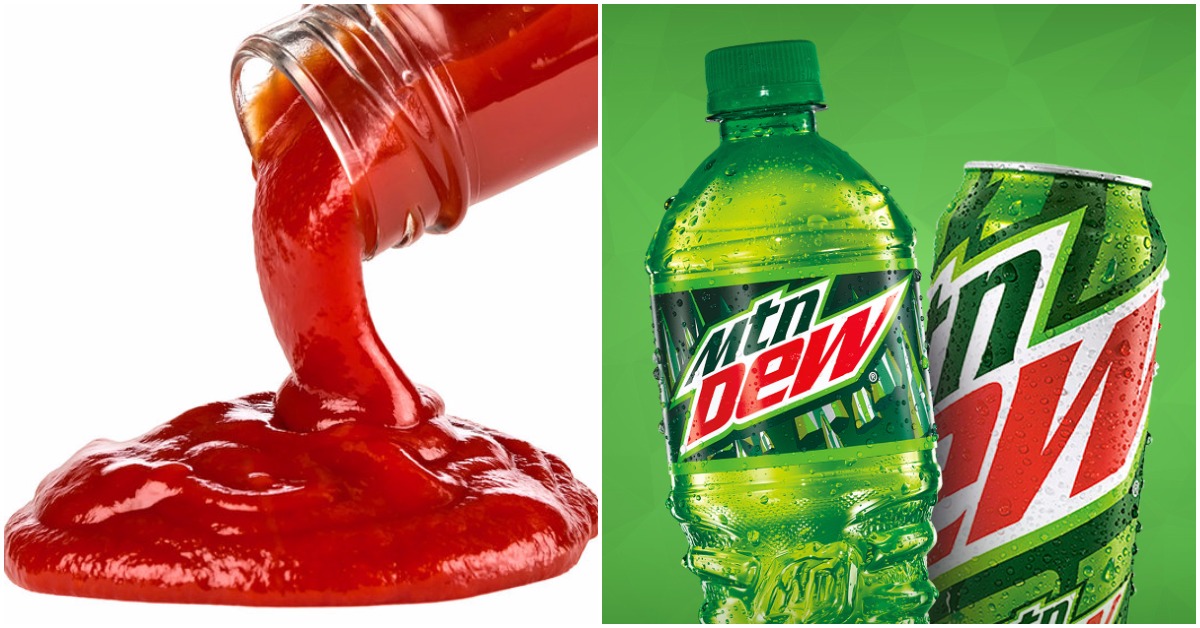Different cultures often have their own take on different kinds of food, and sometimes this can also lead to a cultural dislike of particular tastes that others love. In the case of these 10 though, there are some pretty weird laws that have meant that seemingly harmless foods have been completely banned from several countries.
U.S. - Kinder Surprise Eggs

One of the most infamous cases of a food ban, the United States banned the popular chocolate treat because of a law prohibiting a "non-edible object" being encased in food.
Russia - Salmon

Specifically farm-raised salmon, which is also banned in Australia and New Zealand due to the amount of growth hormones and chemicals that often go into raising them.
European Union - Absinthe
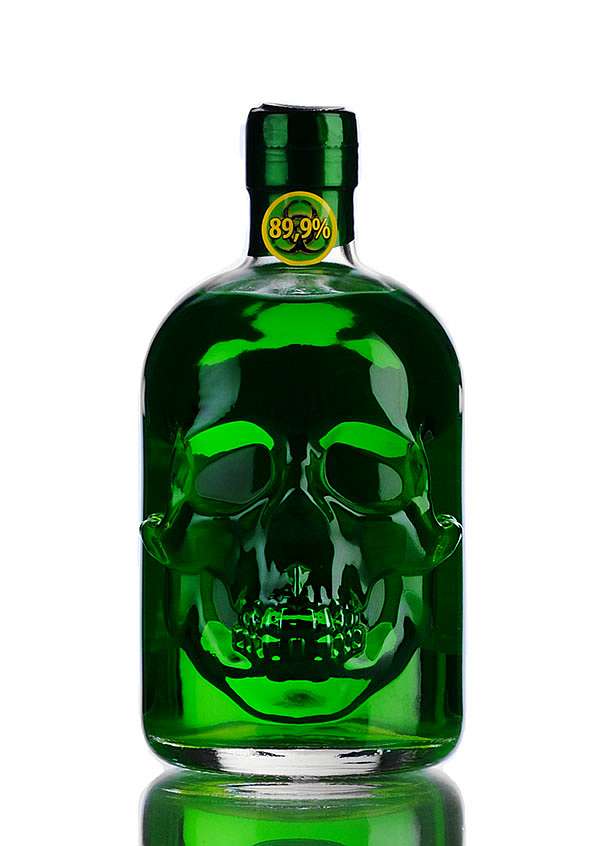
While the ban has been overturned for some time now, absinthe used to be illegal due to it containing large portions of wormwood, a plant which can be a hallucinogen. It was banned in the United States and Canada for much longer, but that was also recently overturned.
The bans start getting pretty weird from here...
Japan - Mountain Dew

Mountain Dew and other citrus-flavored drinks contain an additive called brominated vegetable oil, and it's banned in over 100 countries due to cancer risks.
Denmark - Marmite
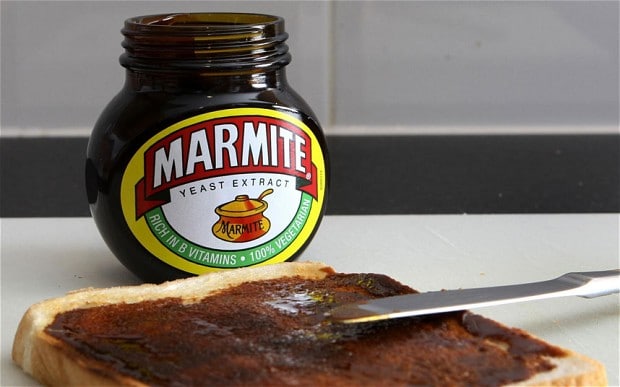
Marmite's one of those things you either love or hate, and Denmark REALLY hates it. The yeast extract apparently goes against a law that prohibits food products fortified with vitamins.
Canada - Hamburger Buns
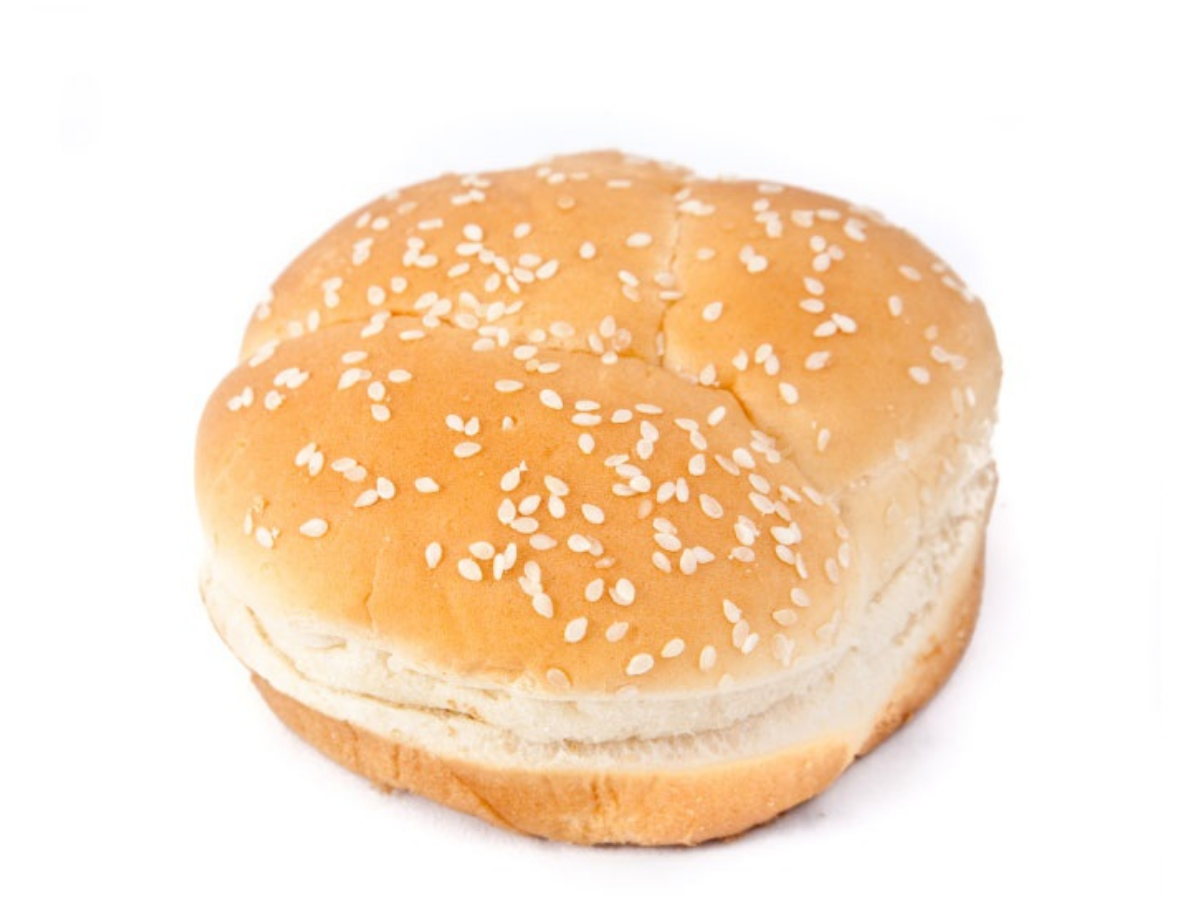
Well more specifically, any bread made with potassium bromate, an additive used by several American companies that has been linked to thyroid cancer. It has also been banned in Brazil, China, and most of Europe.
U.K. - Japanese Food
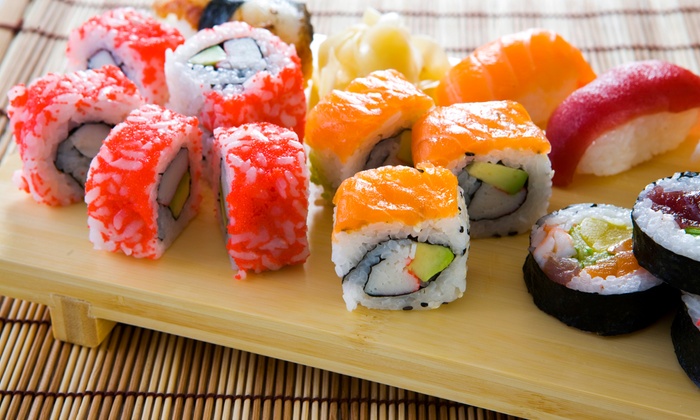
A lot of food coming into the U.K. from Japan has very strict limitations placed on them, thanks to concerns about radiation from incidents like the Fukushima nuclear plant disaster.
France - Ketchup
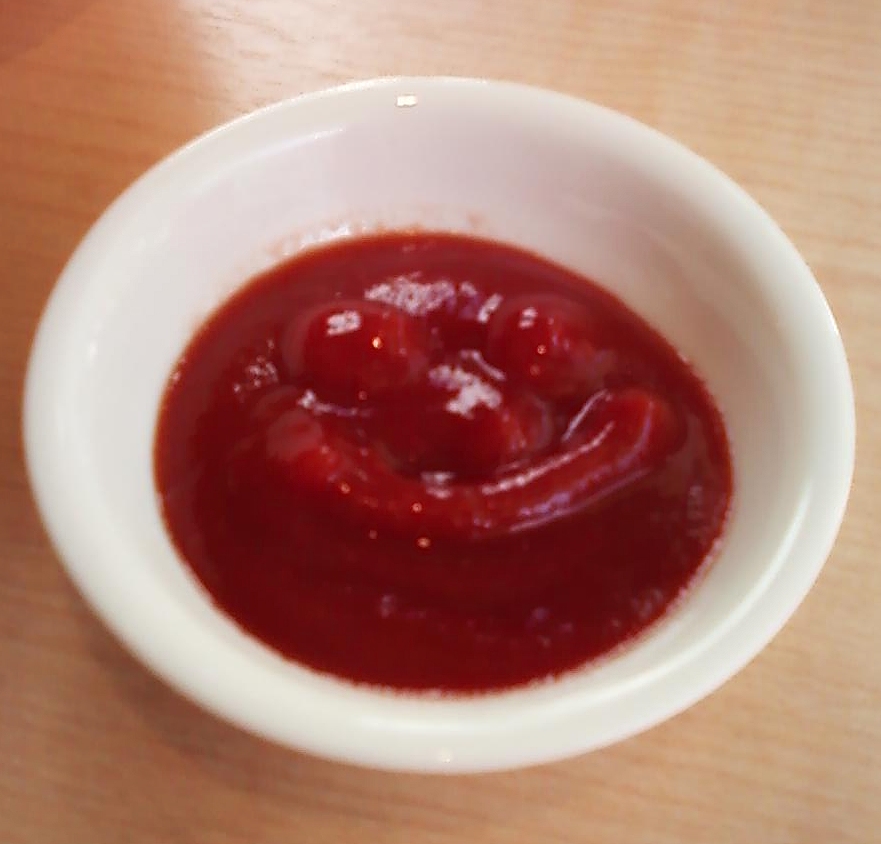
The popular condiment is actually banned in primary schools across the country, with French officials saying it poses a cultural threat to traditional French cooking among children and "masks the taste of whatever they are eating."
Somalia - Samosas
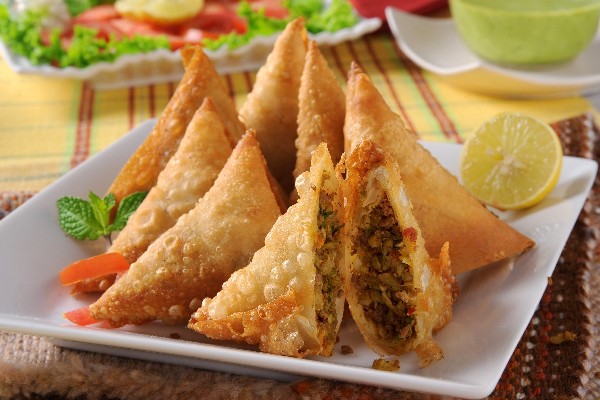
A popular snack food worldwide, the little pyramid-shaped delights were banned by the country's al-Shabaab group for being "too Christian." No, we are not kidding.
U.S. - Haggis
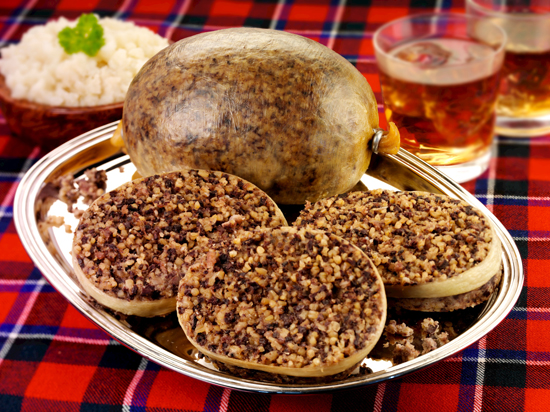
In one of the stranger food bans, haggis cannot be imported from Scotland into the United States because of an import law prohibiting the import of any food that contains sheep's lungs (which haggis does, among other parts). Scottish officials have actually been rallying against this law for decades.
